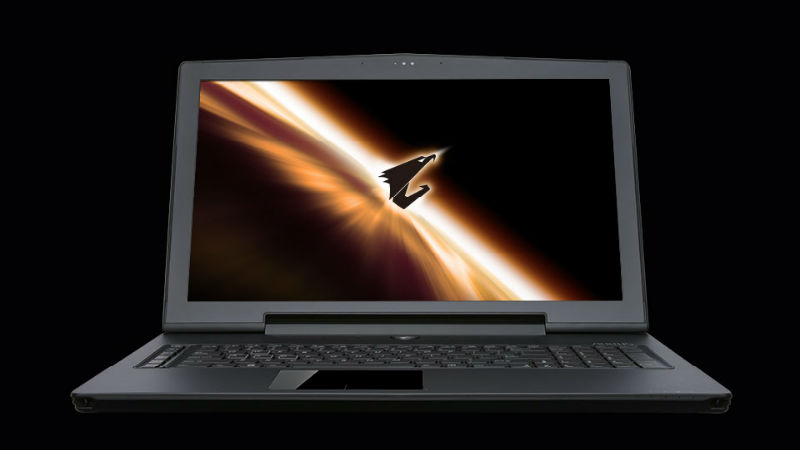
Gigabyte Aorus X7 Pro v3: A fast, stylish entertainment notebook [Review]
When we took our first look at the original Aorus X7, we were decidedly impressed at how much Gigabyte had managed to fit into a notebook just over 2cm thick.
The Aorus X7 Pro v3 improves the specs further, promising even more performance in an incredibly portable package for a notebook aimed primarily at entertainment.
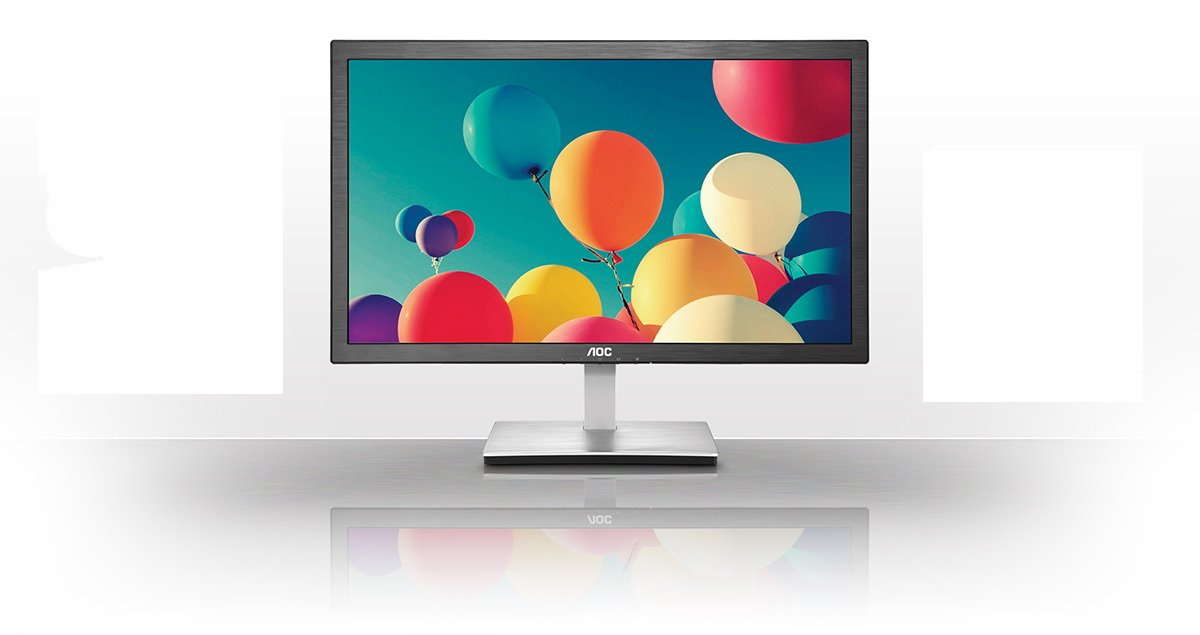
AOC's new computer screens can reduce eye fatigue and retinal stress
If you sit in front of a computer screen all day, as so many of us do, there’s the risk of developing eye fatigue and headaches. Taking regular breaks can help, but you have to remember to do so.
Monitor-maker AOC says it has found a way to reduce the risks of spending so much time in front of computer screens and is debuting two new displays which offer Anti-Blue Light and Flicker FREE technology that it claims can combat eye-related issues such as retinal stress and macular degeneration.

37 percent of young people have sent naked photos of themselves, often to total strangers
UK-based anti-bullying charity Ditch the Label has published its annual study into how people aged 13-25 are currently engaging with (and abusing) smartphone technology. The Wireless Report (2014) reveals worrying details on the increase in the number of cyberbullying cases which includes death and physical assault threats, and exposure of information, including sharing of naked photos without the subject’s permission.
The report, which was compiled from the results of a survey advertised as being about smartphone apps (without mention of bullying, abuse or sexting) reveals some striking statistics.

Iowa set to debut digital drivers licenses in 2015
Iowa is first in the nation when it comes to selecting the candidates for the US Presidential election. Soon it will be the first to offer digital drivers licenses to residents in a mobile app, too.
In a budget hearing Wednesday, Iowa Department of Transportation chief Paul Trombino told state lawmakers in a budget hearing Wednesday that the app is set to launch next year. While the department still plans to issue old fashioned plastic licenses in the near-term alongside the app, Trombino says the app-based ID will be acceptable as identification for law enforcement and airport security officers in the state.
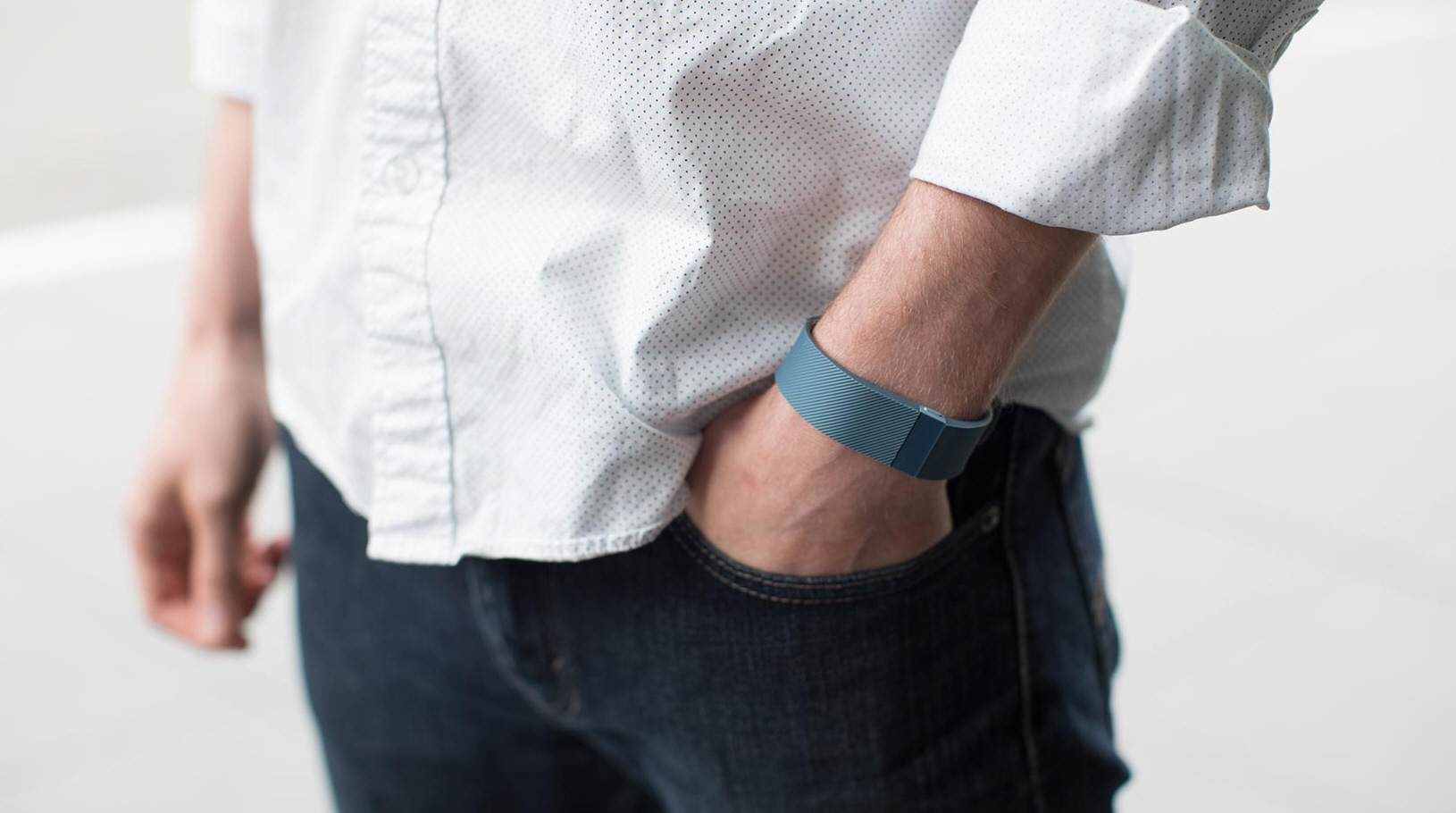
Fitbit adds Cortana support to its Windows Phone 8.1 app
When Fitbit launched its free, native app for Windows Phone 8.1 four months ago, it was a huge win for Microsoft which has in the past struggled to entice big names to its platform. The Fitbit app includes pretty much everything an owner of one of the firm’s activity trackers could want, including real-time and historical stats, automatic wireless syncing, activity and food logging, and the ability to pin the Fitbit Live Tile to your Start screen.
But where some companies simply port Android or iOS versions of their apps to Windows Phone and then forget about them, Fitbit shows just how committed it is to Microsoft's mobile platform by updating its app to introduce Cortana integration for easy voice-activated food & activity logging, as well as various other features.
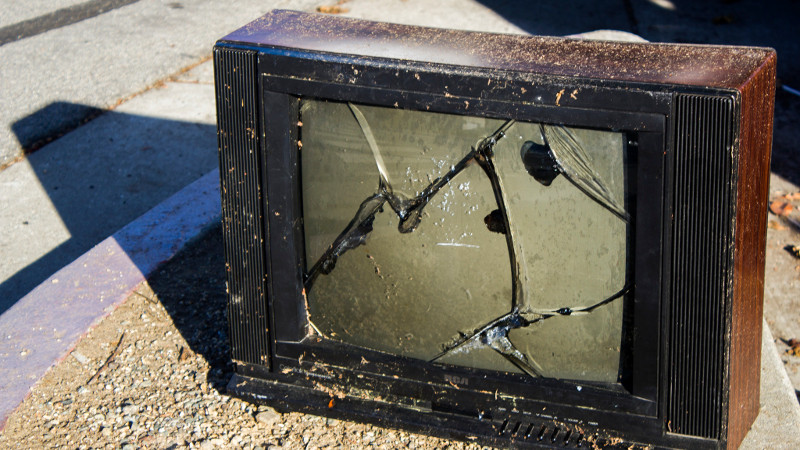
Fewer people now watching traditional TV due to online streaming growth
The number of people watching television is continuing to plummet as many migrate towards online streaming.
The latest report by Nielsen suggests that traditional content providers are being heavily impacted by new, more consumer-centric services.
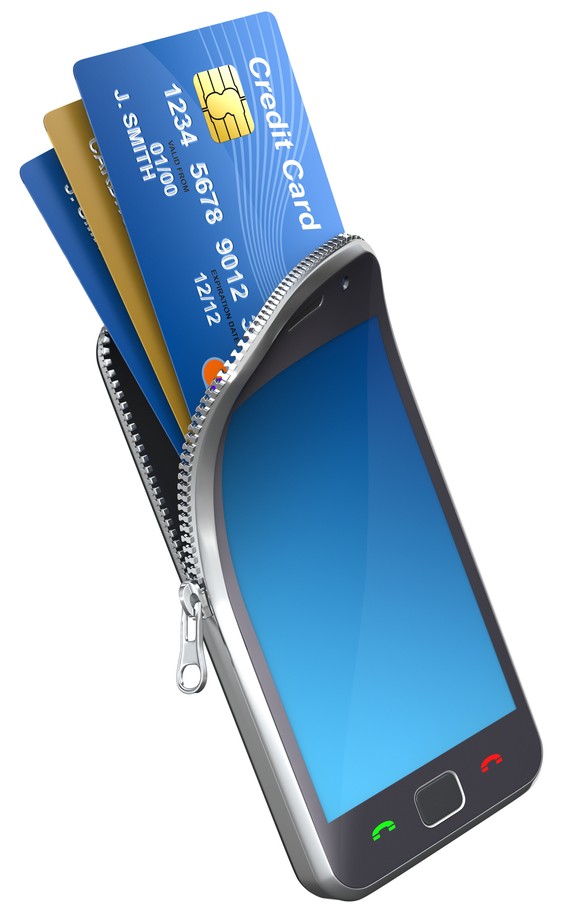
Mobile payments slow to take off but Starbucks leads the way
According to figures from Grand View Research the mobile wallet market is set to reach more than 1,400 million users by 2020.
But a new report by customer engagement specialist PunchTab shows that so far mobile payments are still the preserve of the early adopter.
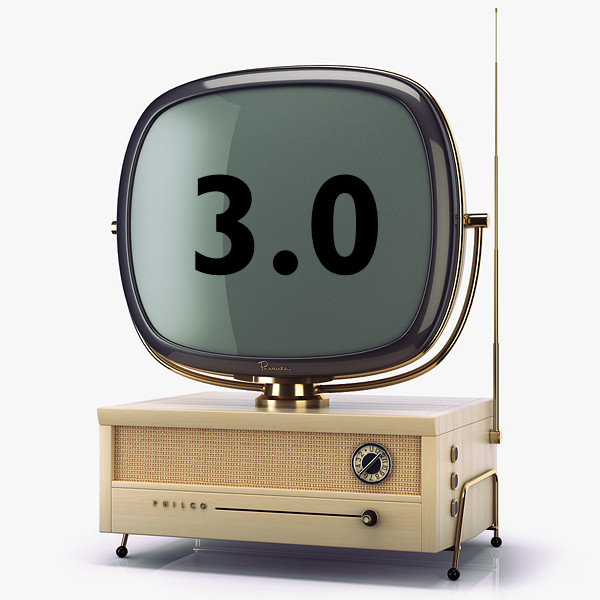
TV 3.0 is already here
Ethernet inventor Bob Metcalfe, when I worked for him 20 years ago, taught me that we tend to over-estimate change in the short term and under-estimate it in the long term. So it can be pretty obvious what is coming but not at all obvious when. And what we know about the when of it is that making money from new technologies is often a matter of investing right before that bend upward in the hockey stick of exponential change.
We all know television is bound to enter a new era sooner or later. Heck, I’ve written dozens of columns on the subject over my 17 years in this job. But this is the first time I feel confident in saying when this TV transition will take place. It already has. Forces are already in motion that will completely transform TV over the next 24 months. Come back two years from today and it will all be different with at least a few new leaders and a few icons gone bust. Get ready for TV 3.0.

India falls in love with smartphones and tablets
We're frequently being told that the real potential for growth in mobile devices sales is coming from emerging markets, particularly in Asia and the Far East.
The latest research findings from IDC into the Indian market bears this out with strong growth in sales of both smartphones and tablets.
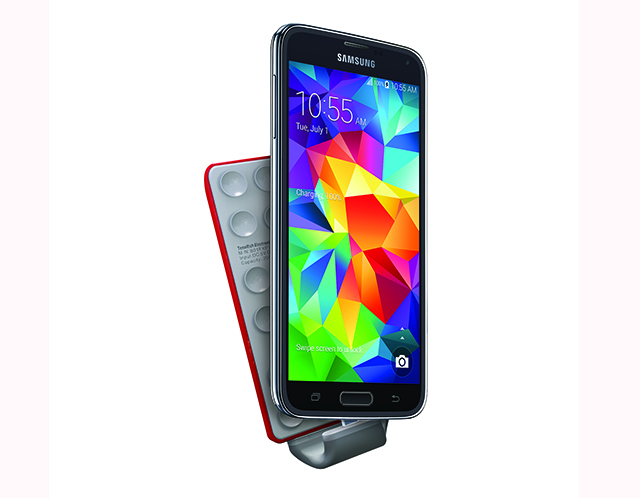
PowerSkin selling $50 iPhone and Android battery packs for just one cent on Cyber Monday
There are plenty of bargains to be had before, during, and after Black Friday, and if you’re shopping for a battery back to charge your iPhone or Android device, hold off a few days and you’ll be able to pick up a steal of a deal on Cyber Monday.
PowerSkin, a leader in portable power solutions, sells PoP'n battery packs that cost $49.99, but on Monday the retailer will be offering them for just one penny (plus $7.99 shipping and handling).
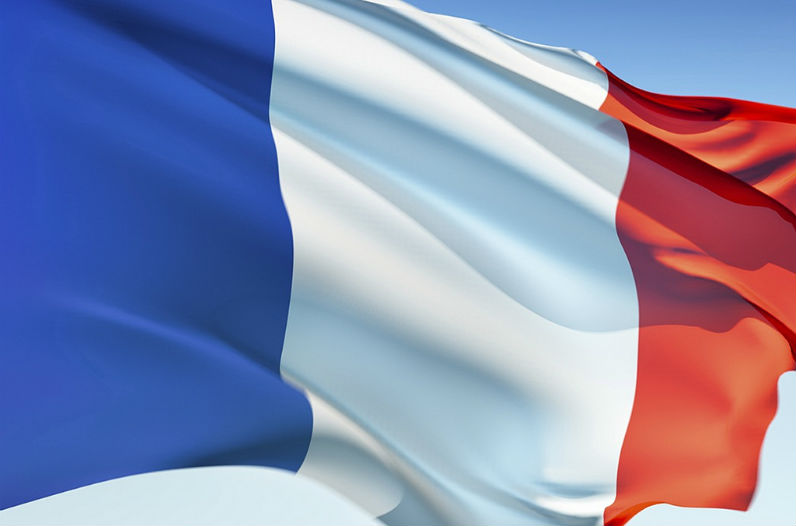
France wages war against US tech companies
France is a country that has been a continual stone in the shoe of American companies expanding into Europe. The country has been vocal opponent of the dominance of US Internet services and this week it has escalated its attacks.
Netflix, which began its foray into Europe in Scandinavia, has been labeled by the French consumer association as "malicious" due to a number of "illegal clauses" it includes in its user agreement. Among these were changing terms without alerting customers and writing all clauses in English only.
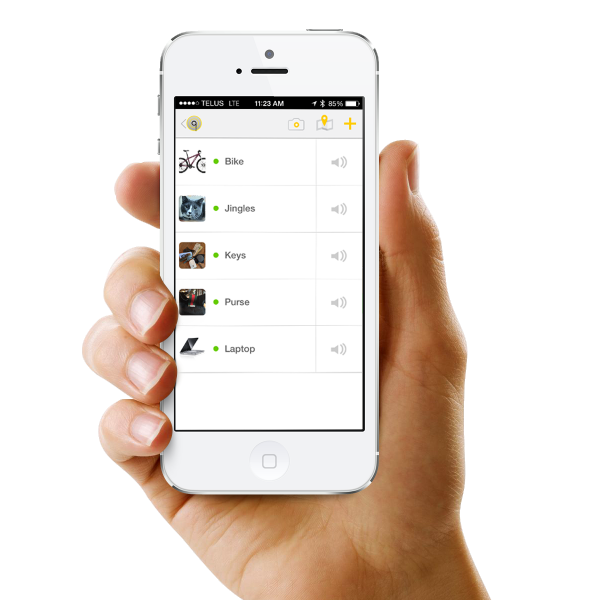
Cloud-based tracking creates an internet of lost things
Electronic tags to help stop you losing stuff are nothing new. But usually they rely on Bluetooth or similar to sound an alarm when an object goes out of range.
A new solution from Canadian company Linquet mixes the cloud and the sharing economy to track tagged devices in a kind of internet of lost things.

Alternative finance -- New ways to spend your money
The days of paying for everything with cash are slowly drawing to a close, and if you borrow or pay back money, there’s a very good chance wads of notes won't be involved in the transaction. I personally do a lot of online shopping, pay for goods in real shops using contactless cards, and send money and pay bills via an app, and I imagine a lot of people do the same. I still carry a wallet, but it generally doesn’t have much, if any, actual money in it.
Foreign exchange marketplace CurrencyFair.com has put together a very detailed, and great looking infographic covering the many different and innovative ways you can now make payments and exchange currencies -- from crowdfunding, through peer-to-peer payments, to cryptocurrency, like Bitcoin.
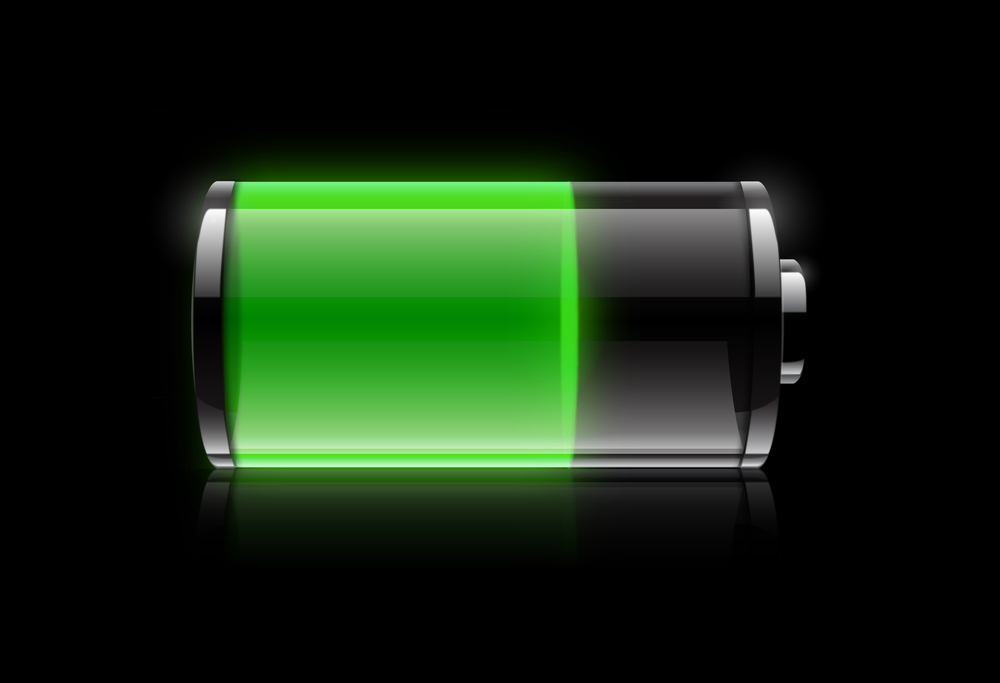
New battery tech can charge your smartphone in just 30 seconds
Fancy fully charging your phone up in just half a minute? Even with modern smartphones, a full charge from close to zero can take a good long wait and a major inconvenience, particularly when you’re having to plug the thing into a power outlet if you don’t have a handset with wireless charging.
While there are already "turbo charger" systems from, for example, Motorola, which can juice up a phone in just 15 minutes, an Israeli firm reckons it has a system which can charge a handset with a full day’s worth of power in just 30 seconds.
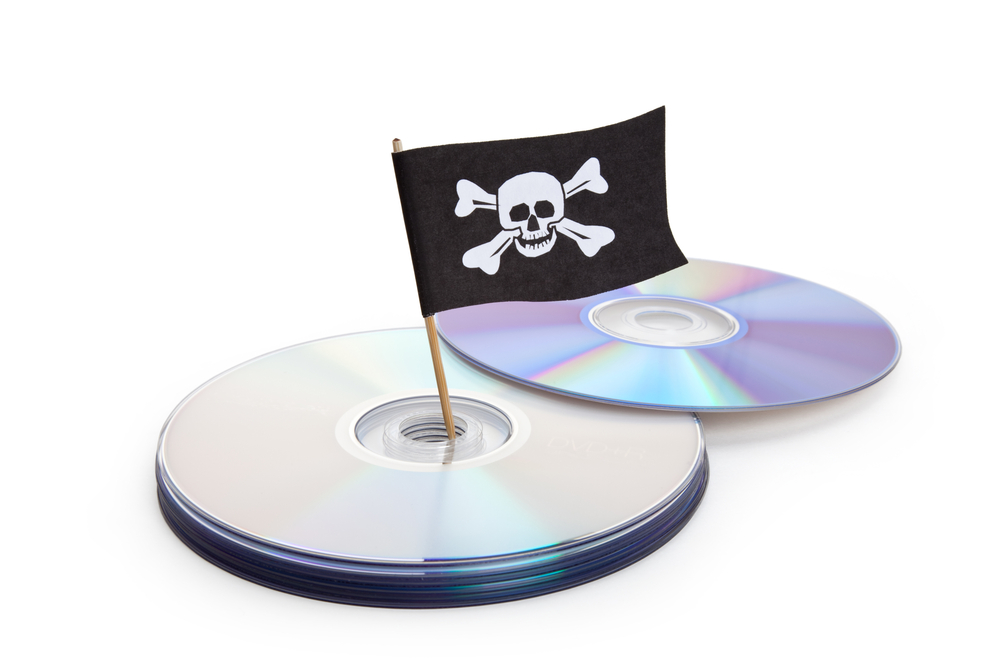
How content providers can take on piracy in emerging markets -- and win
The recent news that musicians in Europe are making more from Spotify royalties than via iTunes is a big deal for all content producers. It may be a defining moment in the ongoing competition between subscription services and pay-as-you go digital downloads in the West.
The same struggle is going on right across the film, TV, music and eBook industries. However, in emerging markets, subscription-based services are having a much tougher time.
